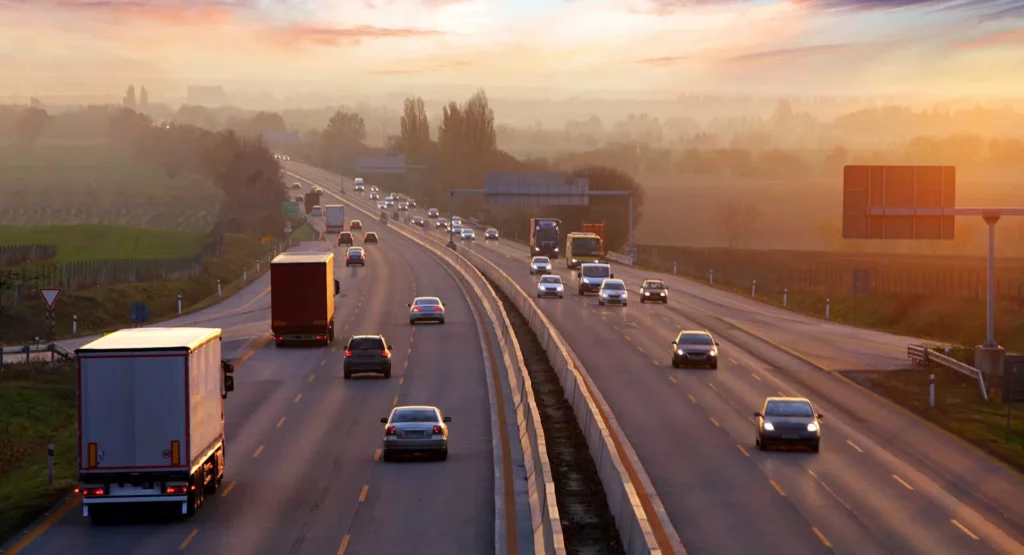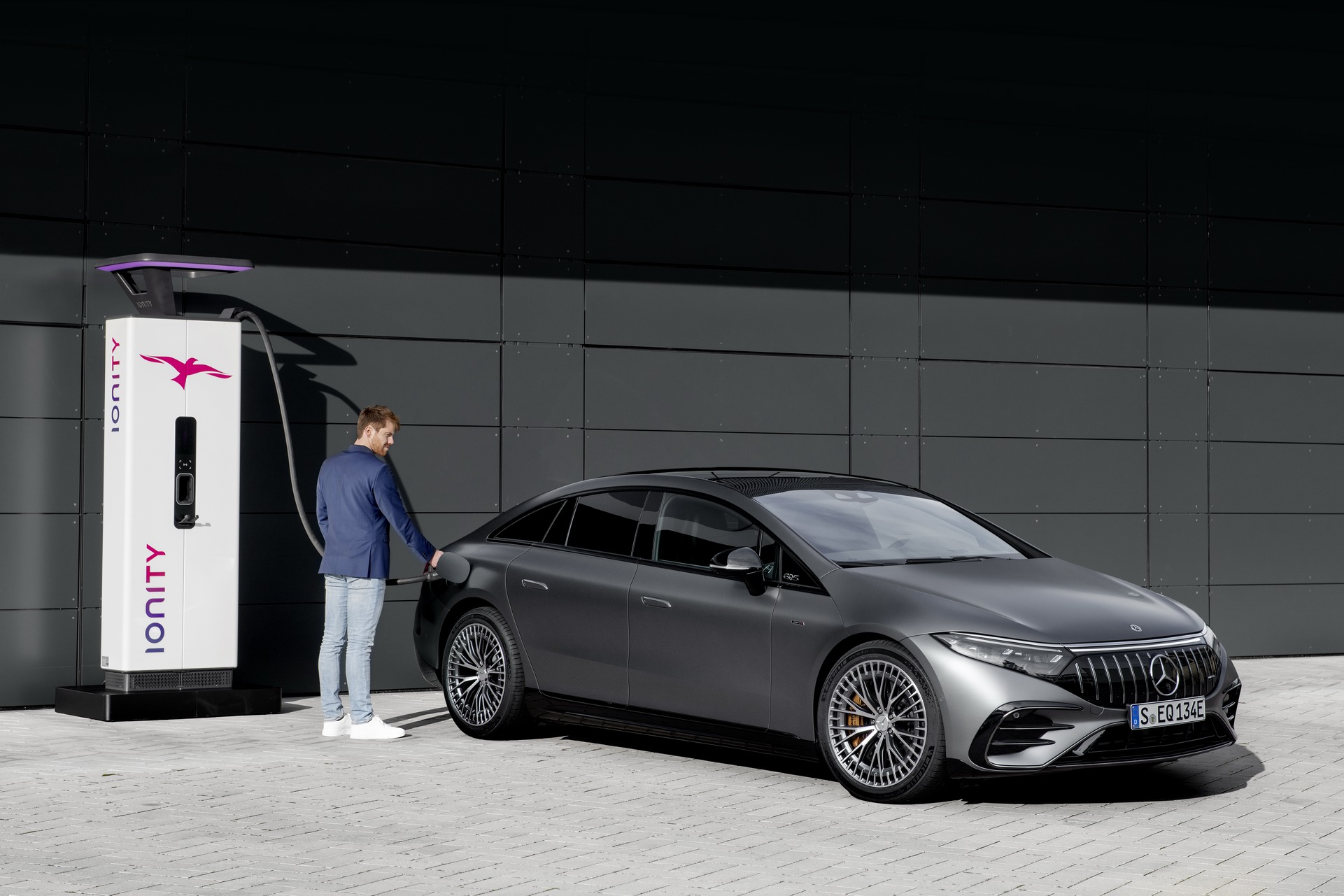Five member states of the European Union want to delay the bloc’s proposed target of a 100 percent phaseout of fossil fuels by 2035. Bulgaria, Italy, Portugal, Romania and Slovakia’s alternate proposal would require EU states reducing emissions by 90 percent over 1990 levels by 2035, and reaching a full 100 percent reduction in 2040.
The plan also called for light commercial vehicles to be treated with even more leniency. Under the terms of the proposal from the five states those vehicles would only need to reduced their CO2 emissions by 80 percent by 2035, though they would still need to meet the 100 percent reduction target in 2040.
The coalition believes that “adequate and tailored transition periods need to be established” and an unnamed Bulgarian official speaking to Reuters said that climate policies needed to take into consideration the differing financial situations of the EU’s member states and its populations.
Related: EU Lawmakers Don’t Want To Exclude e-Fuels From Proposed ICE Car Ban By 2035
Though the European Commission proposed the 2035 100 percent reduction last year and the EU parliament only weeks ago voted to uphold that decision, no law has yet been established. That should happen later this year. The 2035 date is significant because the EU wants to reach net zero emissions by 2050. But because the average lifespan of new cars is 15 years, allowing ICE-powered vehicles to be sold beyond 2035 might prevent the EU hitting that net zero 2050 target, one climate scientists say is crucial if the world is to avoid calamitous climate change.
The five dissenting states aren’t the only countries unhappy with the decision to effectively ban ICE cars by 2035. Germany’s finance minister spoke out against the move last week, but his view is not shared by major carmakers, including those from his own country, such as Mercedes and Volkswagen, which have come out in support of the ban.





